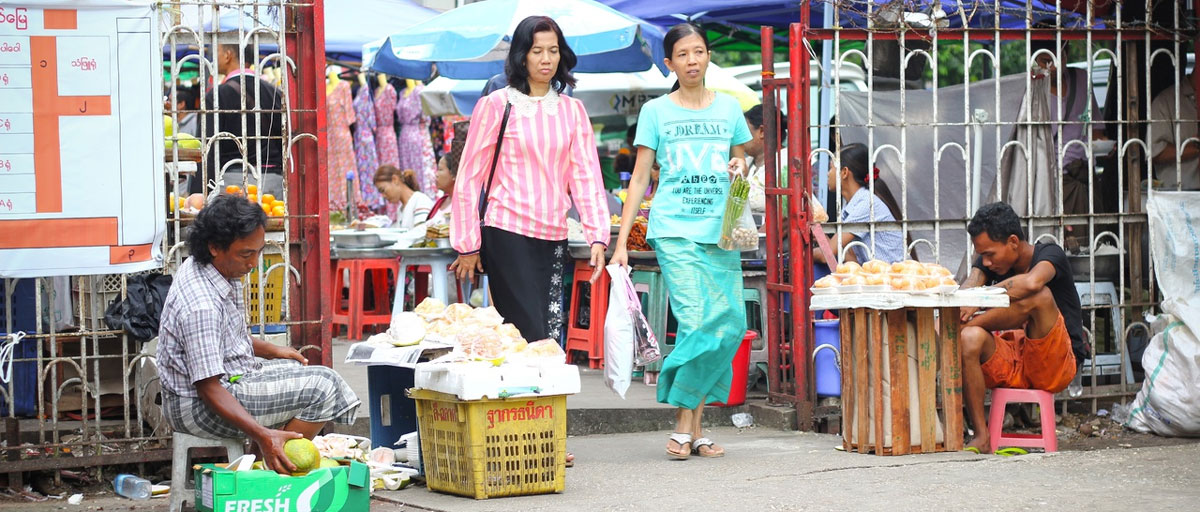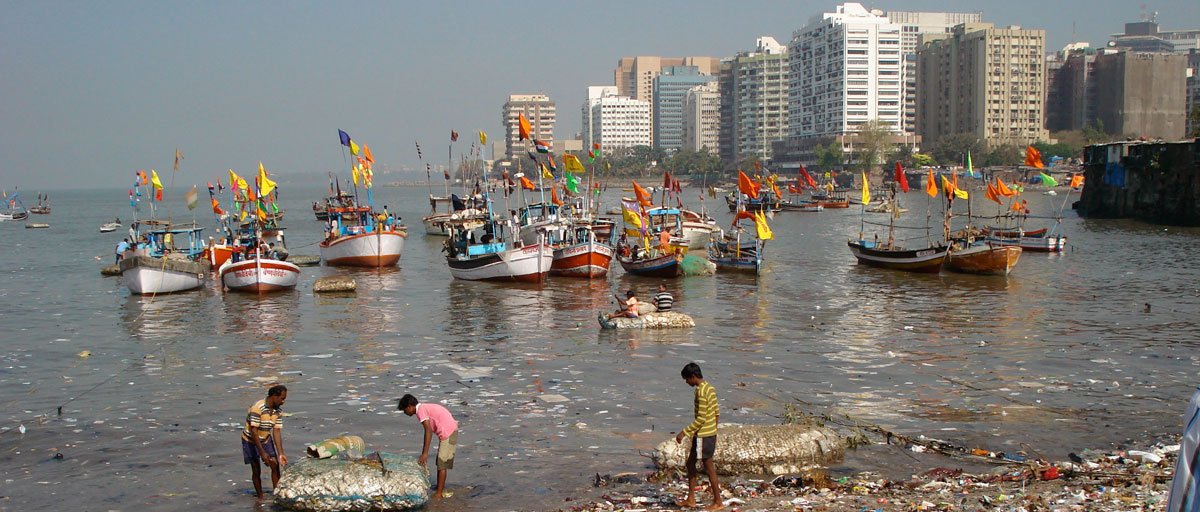
How can we do development differently? In a series of deep dives, centre researchers and partners will explain emerging concepts within sustainability science that are crucial in order to understand rapid global environmental change caused by humans, and to assess potential solutions. Photo: Pxhereere
Bildtext får vara max två rader text. Hela texten ska högerjusteras om den bara ska innehålla fotobyline! Photo: B. Christensen/Azote
RESILIENCE AND DEVELOPMENT
The new context for development and why it matters
The first in a series of seven "deep dives" looking into the connections between resilience and development
Text
This deep dive series sets the context for doing development in a rapidly changing world. We will be sharing selections of short, engaging video chapters taken from the recent Massive Open Online Course; ‘Transforming development – the science and practice of resilience thinking.’
Welcome to the Anthropocene
Johan Rockström
Former director, Stockholm Resilience Centre
In this first video, Johan Rockström summarizes the evidence that shows any efforts to meet the Sustainable Development Goals are being undertaken under entirely different conditions from the past. What are the positive and negative trends that have been observed regarding equity, ecosystems, and economies?
Resilience thinking
Carl Folke
Former science director, Stockholm Resilience Centre and director, Beijer Institute of Ecological Economics, The Royal Swedish Academy of Sciences
One of the pioneers in resilience thinking, Carl Folke introduces the history of the concept of resilience, and what we mean by social-ecological systems resilience (SES resilience). Folke describes the power of resilience thinking for understanding the changes we are seeing in the world today, and what they mean for development.
A new context for development
Belinda Reyers
Former Director and Senior Advisor, GRAID, Stockholm Resilience Centre
Belinda Reyers weaves together key concepts from resilience thinking that help us to see the challenges within the current approaches to designing, funding, and managing development from a fresh perspective.
Anthropocene analysis: Gender and development
Michelle Dyer
Postdoctoral Researcher, GRAID, Stockholm Resilience Centre
Recognizing that inequality is a hallmark of the era we are in, this video examines trends in gender inequality – political, economic, and social – to illustrate how system dynamics can reinforce gender inequality despite the best intentions of numerous development projects worldwide. Using the social-ecological lens, Michelle highlights the needs, challenges, and opportunities that exist for transforming development approaches, and the role that gender equality plays across any sector.
Food, Resilience and development
Johan Rockström
Former Director, Stockholm Resilience Centre
Rockström provides an overview of the challenging context we face for food security – including the need to face a rapidly growing population, in which there are already billions facing hunger or obesity. Based on different trends from different agricultural systems, Johan explores the complexity of food systems, including the biophysical, human health, economic, policy and institutional factors that will all require change if we are to truly transform development approaches for a more sustainable and just future. This links nicely to a paper about feeding 10 billion people within environmental limits
Practitioner reflection: Does development need resilience?
Eliot Levine
Director, Energy, Environment and Climate, Mercy Corps
(with contributions from Georgette Pokou, Chet Tamang and Mahlet Seifu from Mercy Corps field Offices)
Mercy Corps is one of several organizations at the forefront of moving resilience concepts directly into action in their work across Africa, South and Southeast Asia. In this video, they introduce how they have used resilience to re-shape their approach to humanitarian and development programming, with examples from field offices around the world.
Explore more deep dives
Deep dive 2: Taking action in a complex world
Deep dive 3: Transformation and rethinking development practice
Deep dive 4: The journey from theory to practice
Deep dive 5: Our intertwined planet: New understandings for development
Deep dive 6: Why global perspectives matters for local development
Deep dive 7: Reimagining development practice
- Deep dive 2: Taking action in a complex world
- Deep dive 3: Transformation and rethinking development practice
- Deep dive 4: The journey from theory to practice
- Deep dive 5: Our intertwined planet: New understandings for development
- Deep dive 6: Why global perspectives matters for local development
- Deep dive 7: Reimagining development practice

Learn more about how to apply resilience thinking with Wayfinder, an online platform for resilience assessments, representing a major innovation in resilience practice.







